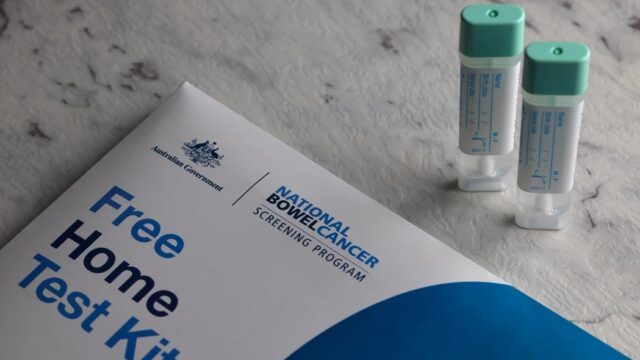Advertisment
Physical health predicts mental well-being during pandemic

Pre-pandemic physiological data can help predict how individuals coped with the psychological strain many suffered during the COVID-19 pandemic, according to a new study published in the journal Psychophysiology.
Worry about contracting the virus and anxiety related to restrictions on social interactions are known to have taken a toll on the well-being of people of all ages. However, some fared better than others, prompting scientists to explore the factors that can protect against serious mental health issue. The work may also help health professionals to identify those who may be at higher risk during times of crisis.
Researchers at Bar-Ilan University in Israel found that people with more relaxed heart rate and respiratory function in the 2-3 years prior to the SARS-CoV-2 outbreak reported greater mental well-being during the pandemic.
The study, led by Prof. Ilanit Gordon of Bar-Ilan’s Department of Psychology, asked 185 Israeli adults to complete online questionnaires assessing their mood regulation since COVID-19 began, and their well-being during lockdown in mid-2020.
The same individuals participated in a lab study 2-3 years prior to the pandemic in which physiological measures were taken during physical activity and during rest. These measures included respiratory sinus arrhythmia (RSA), which shows how one’s heart rate fluctuates according to one’s respiration, and skin conductance level (SCL), which measures activity of sweat glands in the palms.
Both of these measures are controlled by the autonomic nervous system, which regulates involuntary physiological processes including heart rate, arousal, blood pressure, and digestion. The results were assessed to determine individuals’ mental well-being and their ability to regulate negative emotions during the pandemic.
Individuals who had higher RSA in the lab (2-3 years ago) reported better expectations to be able to regulate their negative mood during the pandemic, and thus reported higher mental well-being. Individuals with higher SCL did not exhibit the same effect.
Those with higher SCL most likely experienced an increased sense of distress or vigilance in these times of uncertainty, and for these reasons, higher RSA (which is an indicator of a more “relaxed” mode of physiological regulation) no longer directly relates to better mental well-being.
‘Physiological data assessed during rest, from heart rate, respiration, or sweat activity that was collected in unrelated lab studies 2-3 years ago is predictive of how individuals are coping psychologically today during the COVID-19 pandemic,’ says Prof. Gordon, ‘This information can help us determine which individuals may be at risk for heightened mental distress and enable us to better locate and treat them.’
Prof. Danny Horesh, of the Department of Psychology, a co-author of the paper, says that these findings illustrate how physiological information has the potential to deepen our understanding about resilience and risk factors in the face of distress.The team hope to be able to conduct similar studies in other countries, where stress levels differ from Israel.





